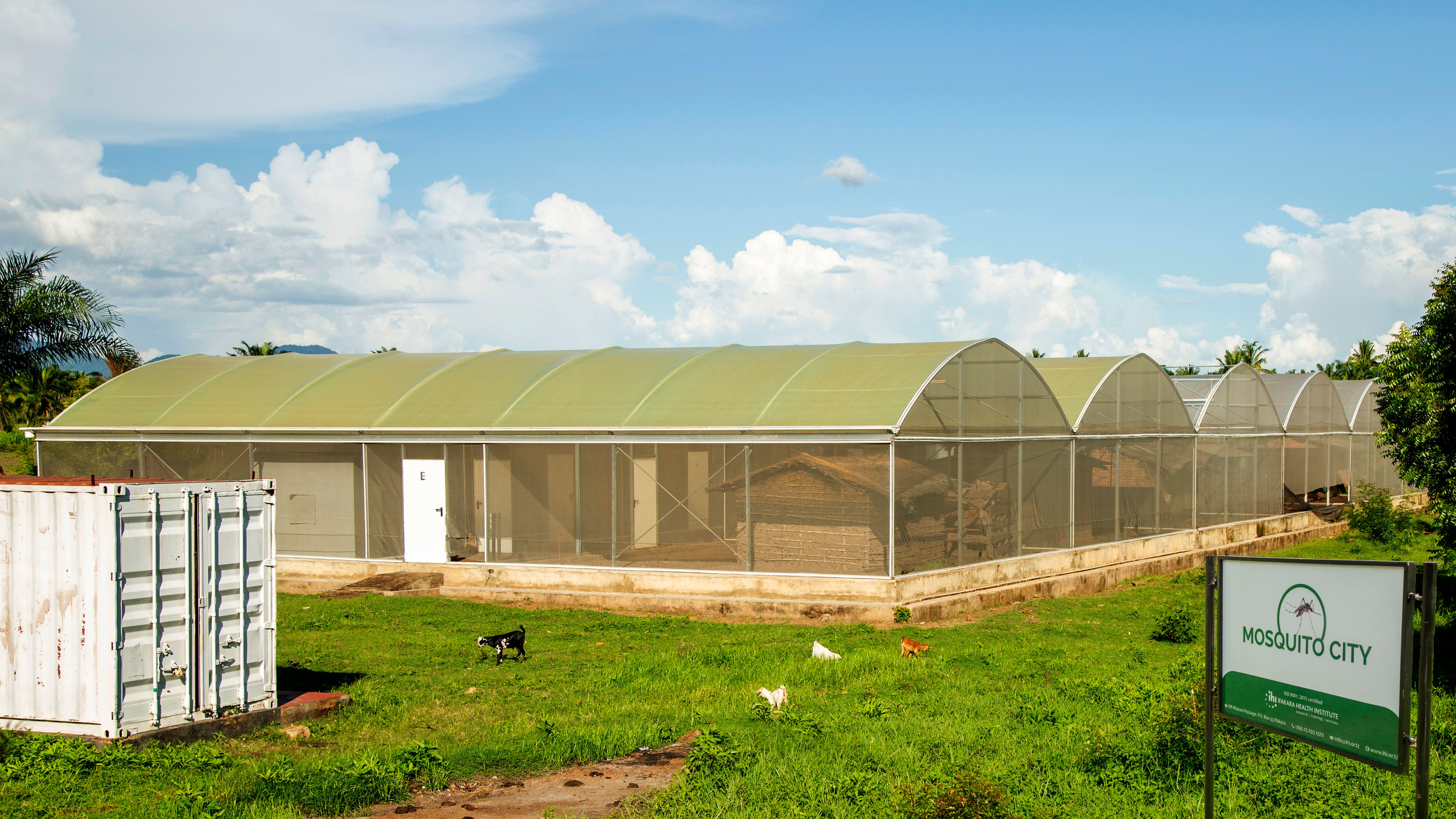
Principal Investigator: Issa Mshani
Project leader/ Coordinator: Najat Kahamba
Project Administrator: Rukiyah Mohammad
Funding Partner: Gates Foundation through University of Glasgow
Start date: May 1, 2024
End date: May 31, 2027

Learning to Eliminate Dominant Malaria Vectors - "Anopheles Africa II"
Anopheles Africa II is a three-year project implemented by Ifakara Health Institute that aims to develop a comprehensive understanding of the conditions under which local populations of predominant malaria vector species can be eliminated.
The goal is to develop a methodology to deliberately accelerate such extirpations as a means to eliminate malaria in different settings.
The project seeks to address the following important key research questions;
- Under which conditions might a vector species face elimination?
- How can we effectively measure the declining vector population?
- What are the most critical vulnerabilities in the life cycle stages of the predominant malaria vectors?
- Can we deliberately cause or accelerate the local elimination of a specific vector population?
The project will entail comprehensive data collection and extraction activities, including case studies (expert interviews), longitudinal data extraction, fine-scale entomological indicator collections, land use and climate variables in Tanzania, with additional data collection efforts undertaken in Mozambique and Kenya.
Implementation strategies will entail synergies with two concurrent Ifakara projects, namely the CLIMATE BUZZ project and Distributed Surveillance.
Funded by the Gates Foundation through the University of Glasgow, the project will be overseen by overall Principal Investigator Fredros Okumu, alongside Ifakara Principal Investigator/Project Leader Issa Mshani and Najat Kahamba. Collaborative efforts will also involve the Wits Research Institute for Malaria in South Africa.
